The Lube
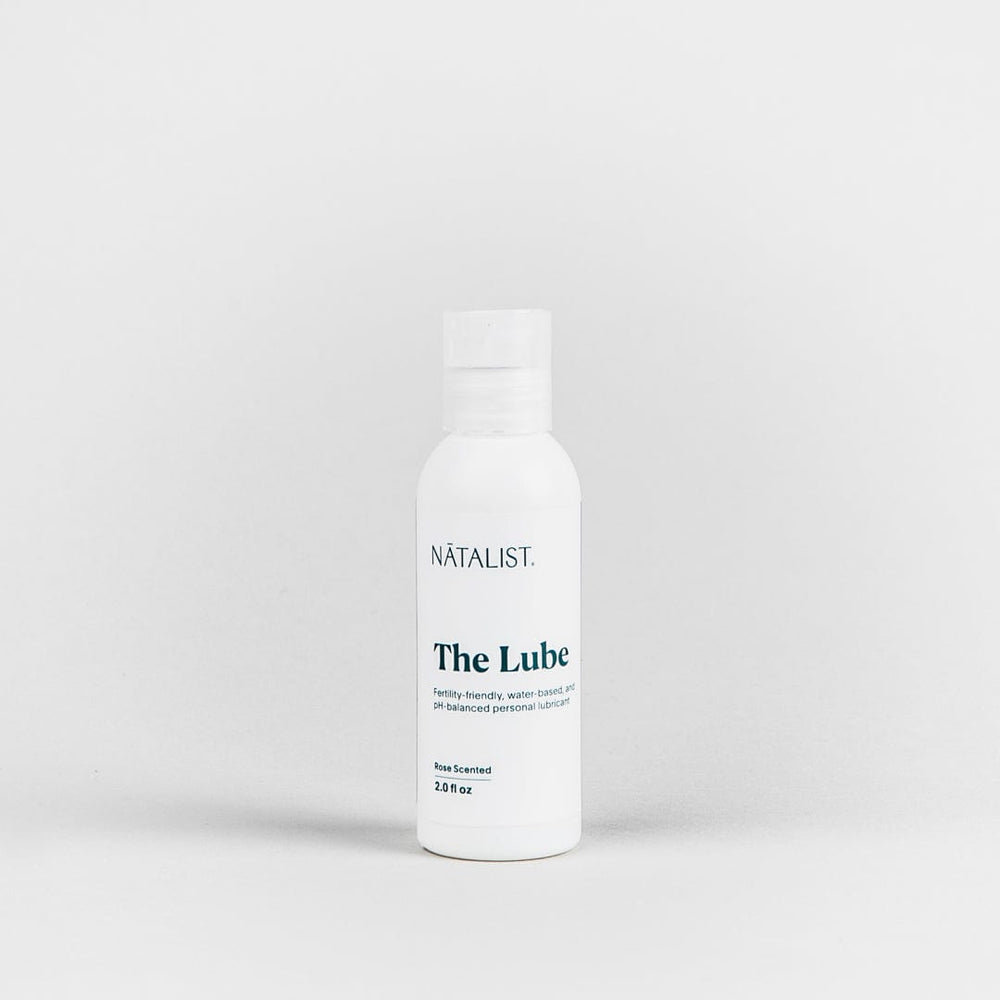
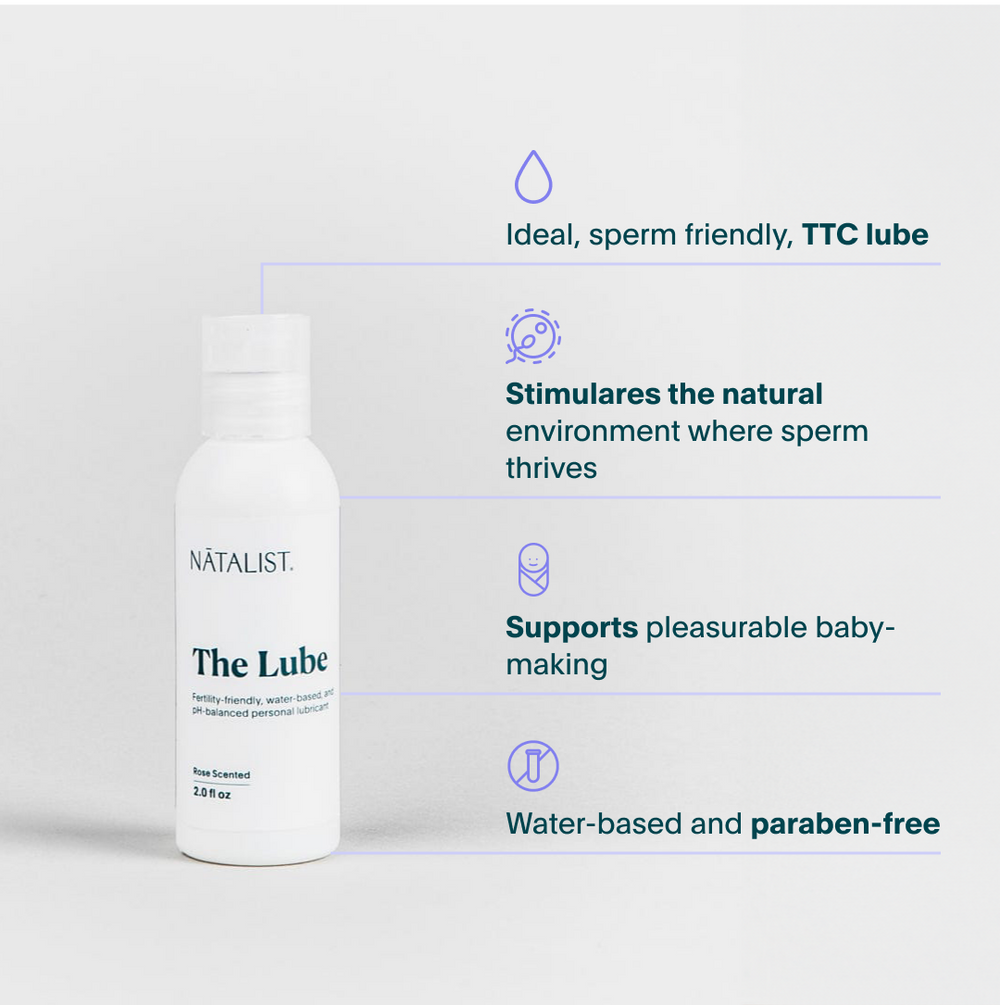
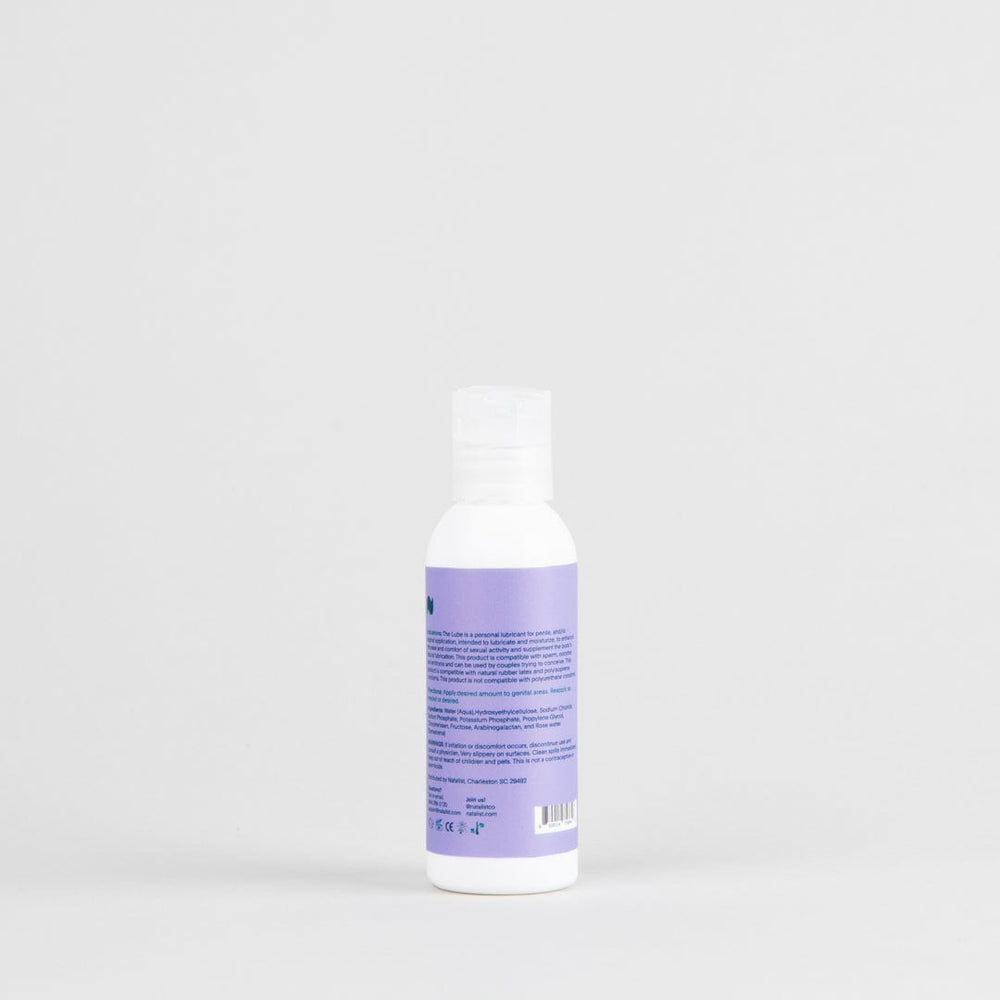
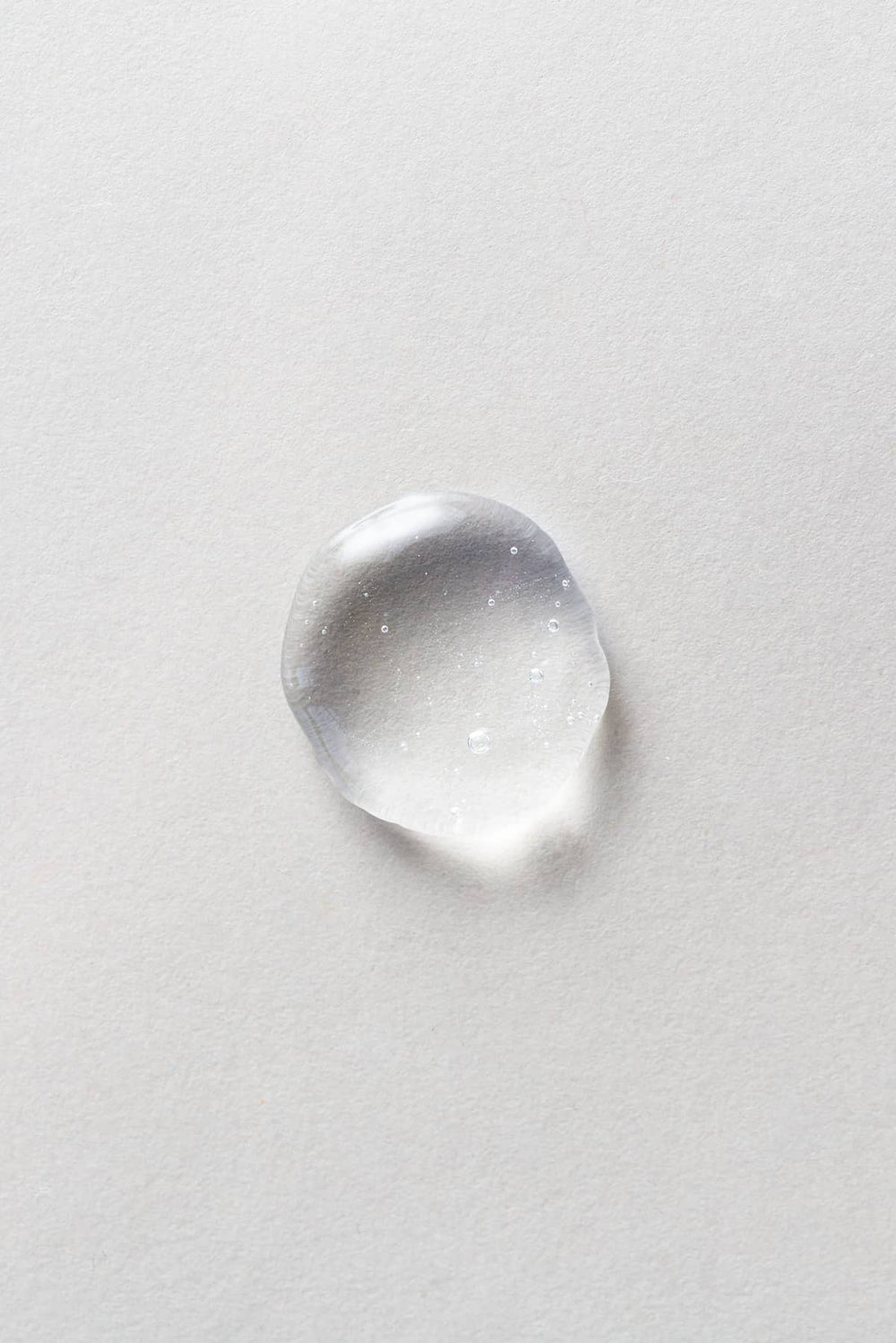
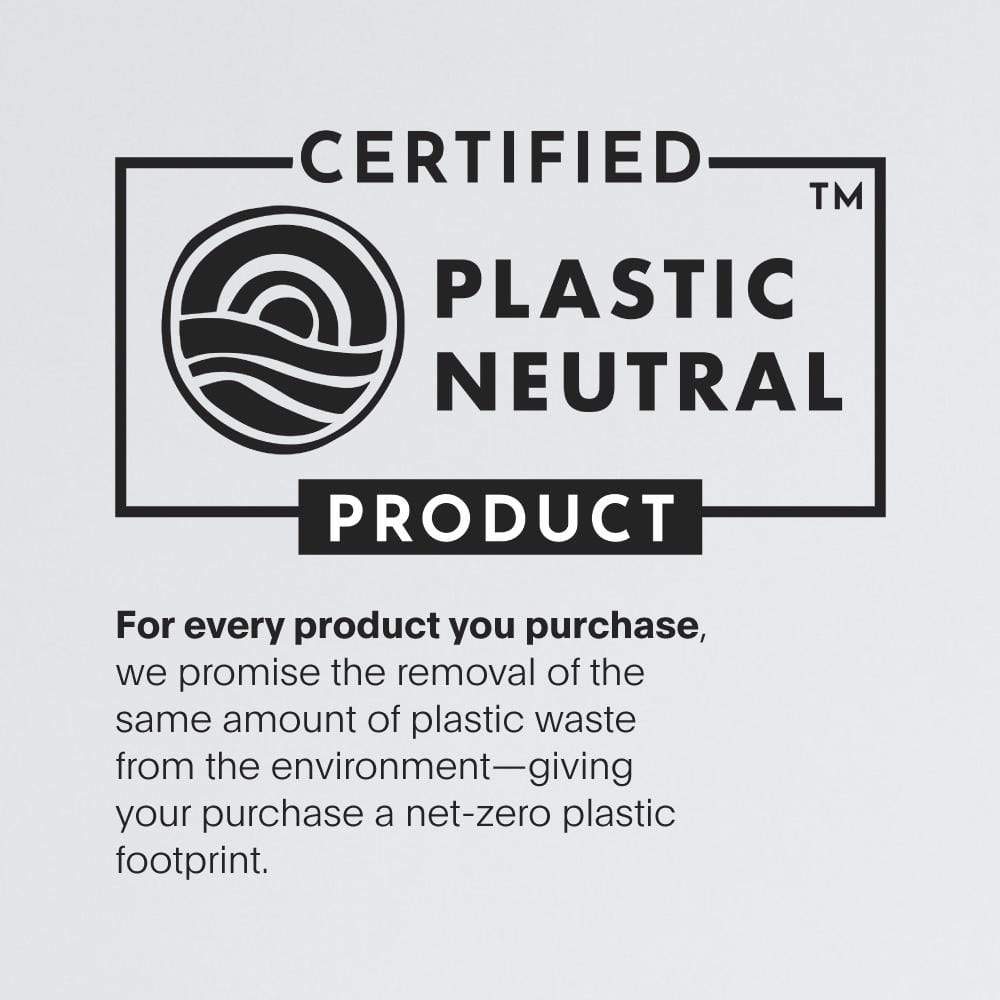
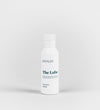
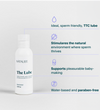
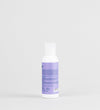
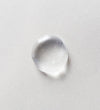
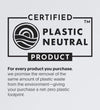
The Lube
Put the TLC in TTC with our sperm-friendly lubricant for fertility.
Natalist’s FDA-cleared, fertility-friendly lubricant is formulated to simulate the natural environment where human sperm thrive—fertile cervical mucus. Unlike some oil-based lubricants, it will not harm or slow down sperm function. Its clean, frictionless consistency helps ensure baby-making will be pleasurable for all. Sperm friendly and paraben-free, our fertility lubricant is ideal for couples trying to conceive.
Current inventory expires 12/01/2025, please take this into consideration if stocking up.
Product Details
-
Convenient 2.0 fl oz bottle
-
Rose scented
-
Water-based, viscosity-balanced, pH-balanced, and isotonic to protect the little guys
-
Made without parabens, petrochemicals, or phthalates
-
Lube subscription delivery cadence: every 30 days
Why We're Proud

FDA Cleared

Manufactured in the USA*

Made without Parabens

Evidence Backed

100% Plastic Neutral

We do our homework. See the research behind The Lube.
The Lube is formulated and FDA cleared to be fertility friendly.
The Lube is a fertility-friendly, sperm-friendly lubricant because of its special formula. Its pH, osmolality, and viscosity are designed to support sperm health. Even if other conventional lubricants do not contain spermicide, they can harm sperm quality by not being properly formulated for these factors. If you’re TTC, it's important to use a lubricant that is compatible with your fertility journey, rather than detrimental to it.
Fertility lubricants like ours are a special class of lubricants that are cleared by the FDA for use when trying to conceive. They go through additional testing (biocompatibility) to demonstrate that they do not harm sperm cells, eggs, or embryos.
Why you may consider a fertility lubricant when TTC.
When trying to conceive, it's important to make sure your everyday lubricant doesn't interfere with fertilization. Our friendly lube for fertility preserves the fun and intimacy of TTC without impeding your journey.
Unlike other lubricants, The Lube is made without parabens.
Parabens are endocrine disrupting chemicals (EDCs)—chemicals that can interfere with the endocrine system. When inside the body, parabens can mimic estrogen. Using products with parabens during pregnancy can be a potential source of paraben exposure to the pregnant person and the fetus. Because of this, the European Union (and now California!) has banned parabens in cosmetic and beauty products. This is for good reason; preliminary evidence from a study conducted at Harvard University linked high paraben buildup in the body with reduced fertility. Research is still emerging, but we've opted to make our products without these potentially harmful ingredients. When TTC, stay free of parabens.
The Lube is water-based.
Our water-based lube mimics the body’s natural lubrication with a clean, frictionless consistency.
All Natalist products and packaging are certified plastic neutral.
All Natalist products and packaging are 100% plastic neutral. For every pound of plastic we sell, we facilitate the removal of a pound of plastic pollution—giving your purchase a net-zero plastic footprint.
Why would I want a lube subscription?
Consistency is key when it comes to your health. Studies show that forming certain health routines can improve positive outcomes. This is true for medication adherence, some nutrient supplementation, and general lifestyle changes. This is why we offer many of our products, including our fertility lube, as a monthly subscription- so you never have to worry about running out.
We do our homework. Here’s some of the research that went into making The Lube.
Ayehunie, Seyoum, Ying-Ying Wang, Timothy Landry, Stephanie Bogojevic, and Richard A. Cone. 2018. “Hyperosmolal Vaginal Lubricants Markedly Reduce Epithelial Barrier Properties in a Three-Dimensional Vaginal Epithelium Model.” Toxicology Reports 5: 134–40.
McInerney, K. A., K. A. Hahn, E. E. Hatch, E. M. Mikkelsen, A. Z. Steiner, K. J. Rothman, H. T. Sørensen, T. M. Snerum, and L. A. Wise. 2018. “Lubricant Use during Intercourse and Time to Pregnancy: A Prospective Cohort Study.” BJOG: An International Journal of Obstetrics and Gynaecology 125 (12): 1541–48.
Mortimer, David, Christopher L. R. Barratt, Lars Björndahl, Christiaan de Jager, Anne M. Jequier, and Charles H. Muller. 2013. “What Should It Take to Describe a Substance or Product as ‘Sperm-Safe.’” Human Reproduction Update 19 Suppl 1 (April): i1–45.
Mowat, Alex, Cora Newton, Clare Boothroyd, Kristy Demmers, and Steven Fleming. 2014. “The Effects of Vaginal Lubricants on Sperm Function: An in Vitro Analysis.” Journal of Assisted Reproduction and Genetics 31 (3): 333–39.
Rastogi, Rachna, Jonathan Su, Alamelu Mahalingam, Justin Clark, Samuel Sung, Thomas Hope, and Patrick F. Kiser. 2016. “Engineering and Characterization of Simplified Vaginal and Seminal Fluid Simulants.” Contraception 93 (4): 337–46.
Sandhu, Ranjit S., Timothy H. Wong, Crystal A. Kling, and Kazim R. Chohan. 2014. “In Vitro Effects of Coital Lubricants and Synthetic and Natural Oils on Sperm Motility.” Fertility and Sterility 101 (4): 941–44.
Steiner, Anne Z., D. Leann Long, Catherine Tanner, and Amy H. Herring. 2012. “Effect of Vaginal Lubricants on Natural Fertility.” Obstetrics and Gynecology 120 (1): 44–51.
Technical Information
Indications
The Lube is a personal lubricant for penile and/or vaginal application, intended to lubricate and moisturize, to enhance the ease and comfort of sexual activity and supplement the body's natural lubrication. This product is compatible with sperm, oocytes and embryos and can be used by couples trying to conceive. This product is compatible with natural rubber latex condoms and polyisoprene condoms. This product is not compatible with polyurethane condoms.
Ingredients
Commonly asked questions about The Lube:
Is The Lube FDA cleared to be fertility friendly?
Yes.
Does this lubricant guarantee success when TTC?
Unfortunately, no. However, The Lube is pH-balanced so it is compatible with TTC.
How often should I use The Lube?
The Lube is a personal lubricant for penile and/or vaginal application and can be used as frequently as you’d like.
What’s different about The Lube?
Our water-based lubricant is paraben free. Preliminary evidence conducted in a Harvard University study links high paraben build up in the body with reduced fertility.
I’m not trying to have a baby. Can I still use The Lube?
Yes, The Lube is nice to have whenever you want to use it, whether TTC or not.
Is The Lube safe during pregnancy and when breastfeeding?
As with many medical devices, you should check with your OBGYN or healthcare provider prior to use.
What is the pH of Natalist’s personal lubricant?
Around 7. It is pH balanced for sperm health.
Will this personal lubricant harm my vagina?
This product has been formulated using water and propylene glycol as a base. As such, it will leave your body easily, whereas oil-based lubricant tends to leave a residue that can change your pH levels.
Is this lubricant sperm-friendly?
Is The Lube FSA/HSA eligible?
This item may be eligible with a Letter of Medical Necessity (LMN) with a flexible spending account (FSA), health savings account (HSA), or a health reimbursement arrangement (HRA). Be sure to check with your specific HSA/FSA benefits coordinator for clarification on the specific requirements for reimbursement including usage, protocol, and qualifications. You can either use your HSA debit card or use the itemized receipt (which will be in your inbox after you make a purchase).
For a comprehensive list of HSA/FSA Eligible Products, please refer to our dedicated page, where you can find more information on what fertility and pregnancy products are covered by FSA and HSA plans.


















